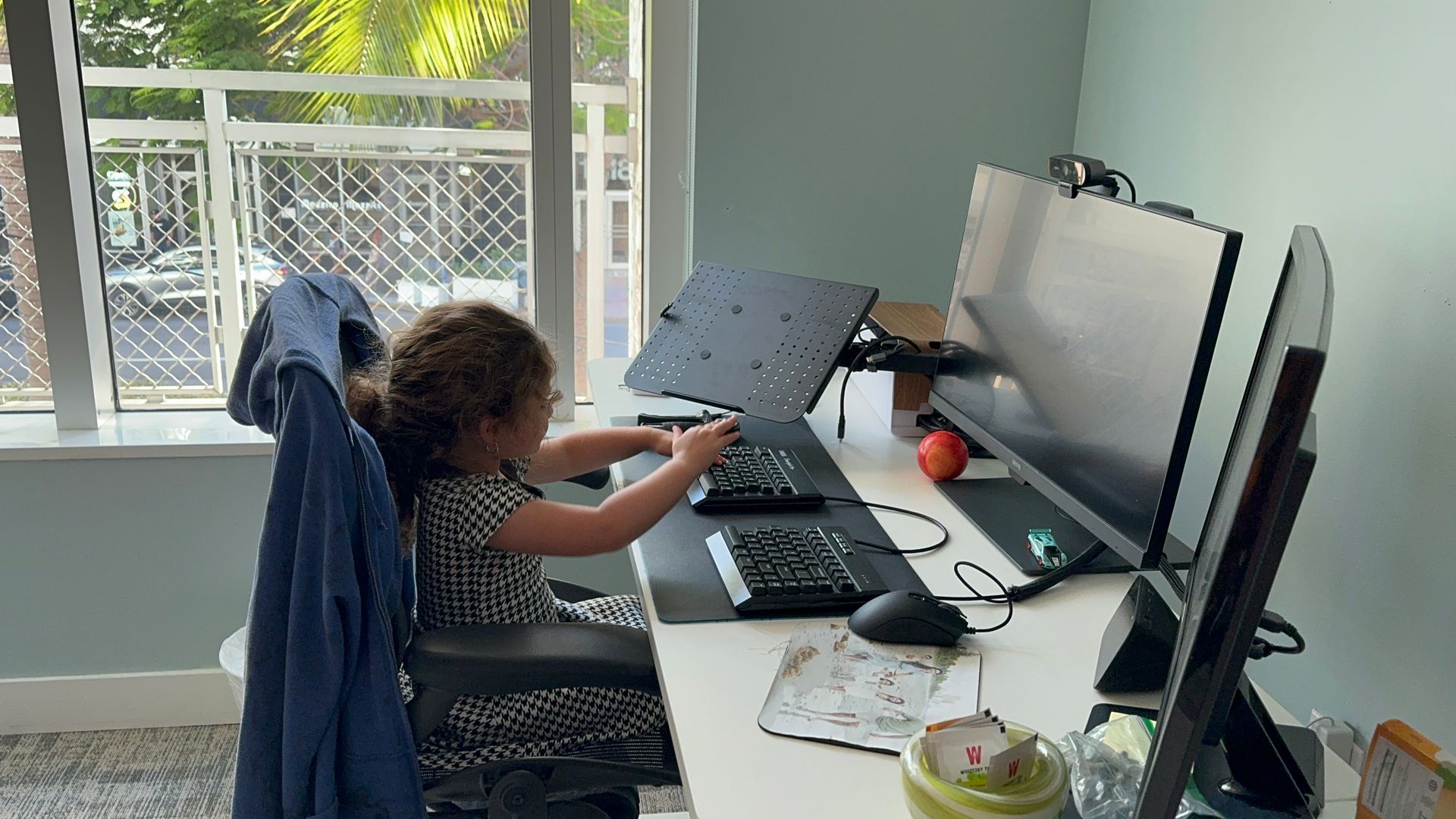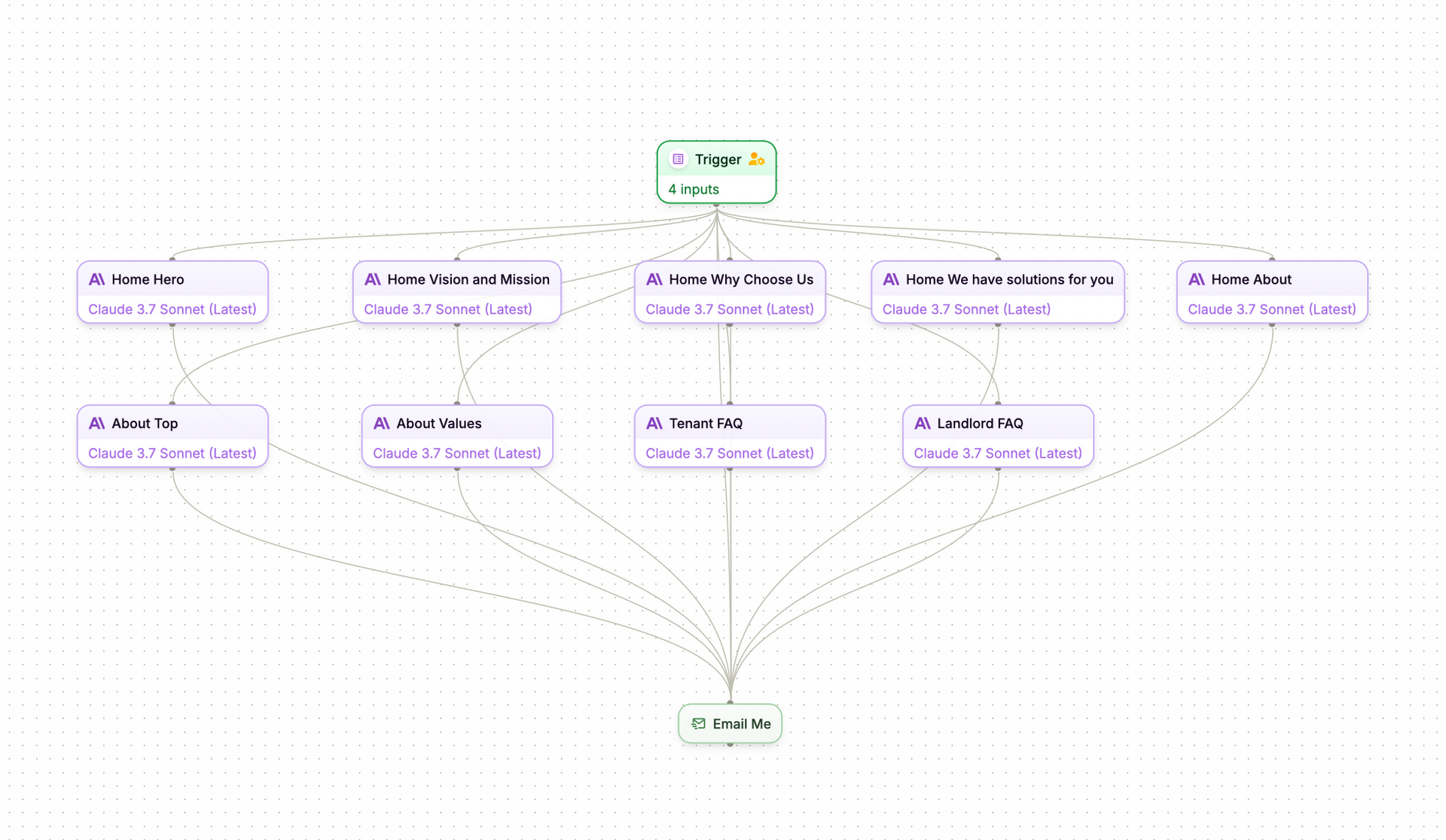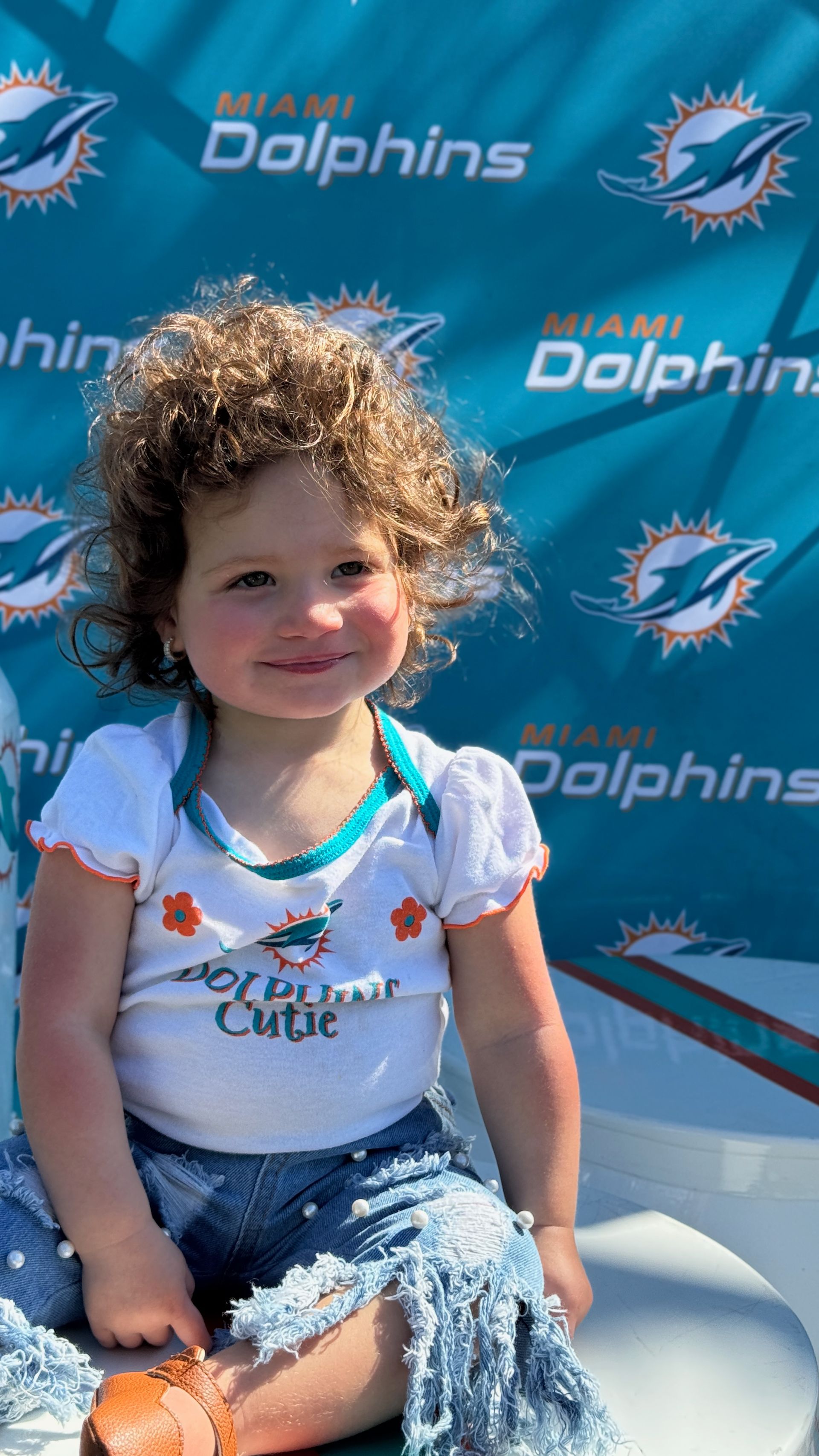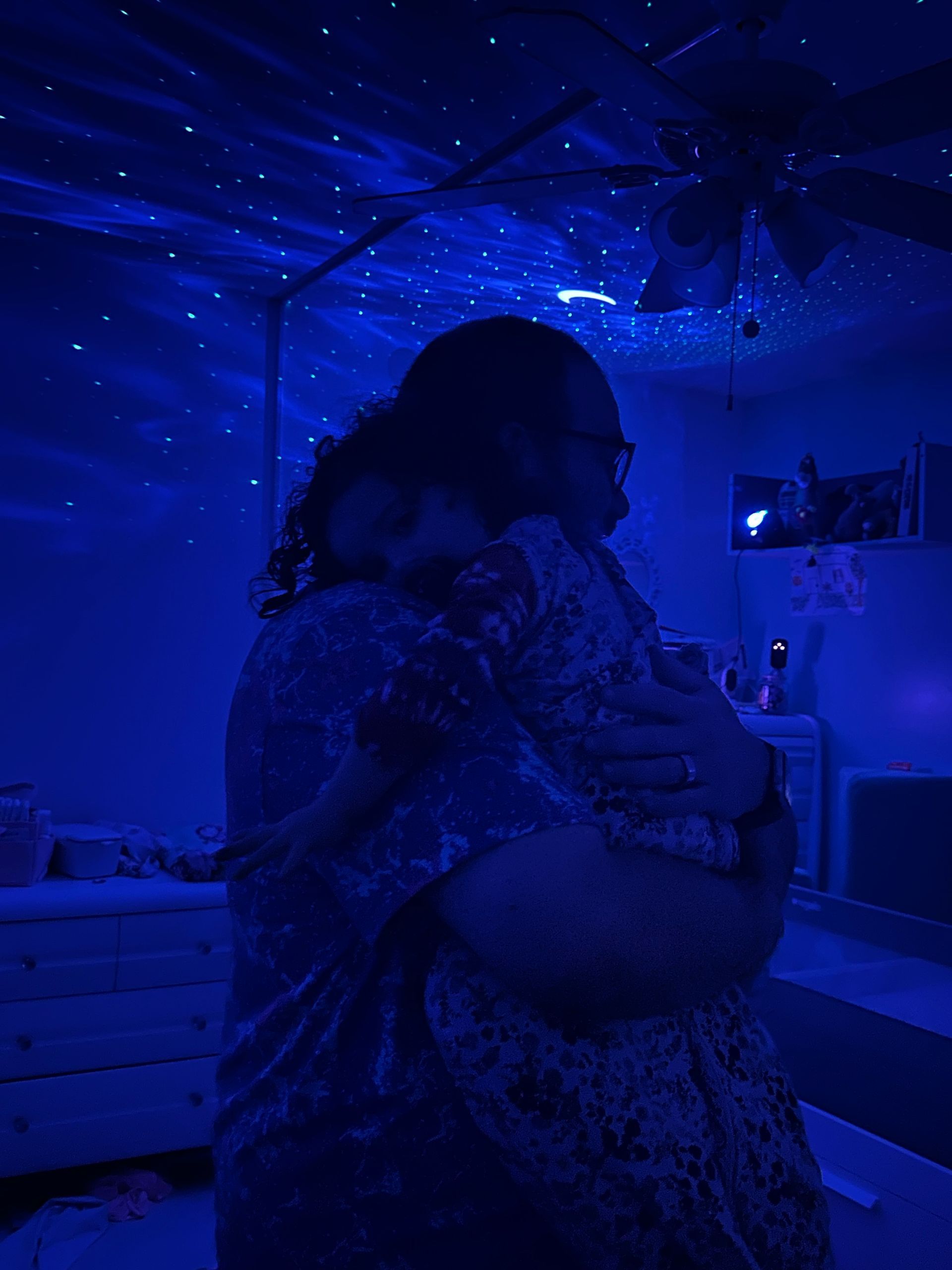
Teaching Yael and Diana the Value of Chutzpah
Teaching Yael and Diana the Value of Chutzpah
You know what keeps me up at night? (Well, besides Diana's current obsession with 3 AM wake-up calls.) It's wondering if I'm raising my girls to be bold enough for this world.
Yael's just over four now, and Diana is almost two, and honestly, I'm already thinking about the kind of women I want them to become. Not just successful (though that'd be nice), but the kind of people who walk into a room and change the energy. The kind who stand up for what's right, even when their voice shakes a little.
That's where chutzpah comes in.
What Chutzpah Really Means (And Why It Matters)
Look, chutzpah gets a bad rap sometimes. People think it's just being pushy or obnoxious, like that guy who cuts in line at Starbucks and acts like he owns the place. But real chutzpah? It's so much more than that.
Chutzpah is having the audacity to dream big and the courage to make it happen. It's the Jewish kid from Brooklyn who decides to start a tech company. It's the single mom who goes back to school at 35. It's my daughter Yael asking "But why?" for the fifteenth time in a row because she genuinely wants to understand the world around her.
It's bold compassion in action.
And in a world that's constantly trying to make our kids smaller, quieter, more compliant, less questioning, I think we need to raise them with a healthy dose of holy audacity.
The Balancing Act (Because Nothing's Ever Simple)
Here's the thing though: I don't want to raise little terrors who think the world owes them something. There's a fine line between confidence and entitlement, between standing up for yourself and bulldozing over others.
So how do you teach chutzpah without creating monsters?
Start with empathy. Before Yael learns to challenge authority, she needs to understand why that authority exists in the first place. Before she fights for what she wants, she needs to consider what others need too.
Just last week, she wanted to stay up past bedtime to finish watching Bluey (honestly, can't blame her—that show hits different). Instead of just saying no, I asked her what she thought would happen if she stayed up late. We talked through it together: she'd be cranky tomorrow, Diana would wake up if we kept the TV on, and Mommy and Daddy needed some grown-up time too.
Then I gave her a choice. She could go to bed now and we'd watch two episodes tomorrow, or she could stay up for one more episode but no extra TV time the next day. She chose to watch the episode, but more importantly, she felt like she had agency in the decision (I'm still working on delayed gratification with her but she's 4 what can you do).
Building Bold, Not Bratty
The secret sauce? Teaching them that chutzpah comes with responsibility.
When Yael asks for something, whether it's a snack before dinner or to play at the park, I try to encourage her to make her case. Not whining or demanding, but actually explaining why she thinks it's a good idea. Sometimes she surprises me with her logic. Other times... well, "because I want it" isn't exactly compelling evidence.
But even when her argument falls flat, I celebrate the fact that she tried. Because that's what I want her to do when she's 25 and asking for a promotion, or 35 and pitching her own business idea, or any time she needs to advocate for herself.
I want her to know her voice matters.
Diana's still too little for these conversations (her main form of communication right now involves pointing and making sounds that could either mean "more cheerios" or "the meaning of life"). But she's already showing signs of that Oberlender/Kuba stubbornness, sorry, determination, that runs in our family.
The Miami Factor
Living in Miami adds another layer to this whole thing. This city rewards boldness, you can't survive here without a little swagger. But it also teaches you that everyone's got a story, everyone's fighting their own battles.
When we're at the park and Yael sees another kid playing alone, I encourage her to introduce herself. Not because she has to be friends with everyone, but because reaching out takes guts. And kindness? That's the highest form of chutzpah there is.
It's having the audacity to care.
What This Looks Like in Real Life
So what does raising kids with chutzpah actually mean day-to-day?
It means letting Yael help me order at restaurants (even when she asks the server fourteen questions about the chicken nuggets). It means encouraging her to tell me when she disagrees with something, and then actually listening to her reasoning.
It means teaching her that "please" and "thank you" aren't just politeness, they're power moves. They show respect while still standing your ground.
And honestly? It means modeling it myself. Kids don't learn confidence from lectures, they learn it from watching you navigate the world with purpose and kindness.
When I'm working on a DoorLoop project and hit a roadblock, I let the girls see me problem-solve out loud. When we're out shopping and I notice the cashier's having one of those days, they watch me try to turn that person's mood around, maybe asking how they're doing, cracking a silly joke, or just showing genuine kindness to someone who's probably dealt with difficult customers all shift. And when their safta serves me food I don't love? They see me find a gracious way to handle it (I always love her for trying, though honestly, I have the taste buds of a child).
The Long Game
Look, I don't know if I'm getting this right. Most days I feel like I'm winging it harder than a Dolphins fourth-quarter comeback attempt (and we all know how those usually go).
But I do know this: I want Yael and Diana to grow up believing they belong in any room they enter. I want them to ask questions that make people think. I want them to stand up for their friends, their values, and themselves, even when it's uncomfortable.
I want them to have the chutzpah to change the world, one bold act of kindness at a time.
Because at the end of the day, that's what real chutzpah is about. It's not just having the nerve to go after what you want—it's having the courage to make things better for everyone else too.
And if that's not worth staying up late worrying about, I don't know what is.
Building bold, compassionate kids isn't easy—but it's worth it. What are you teaching your kids about standing up for themselves and others? Drop me a line on LinkedIn or Instagram @ajoberlender —I'd love to hear your stories.









